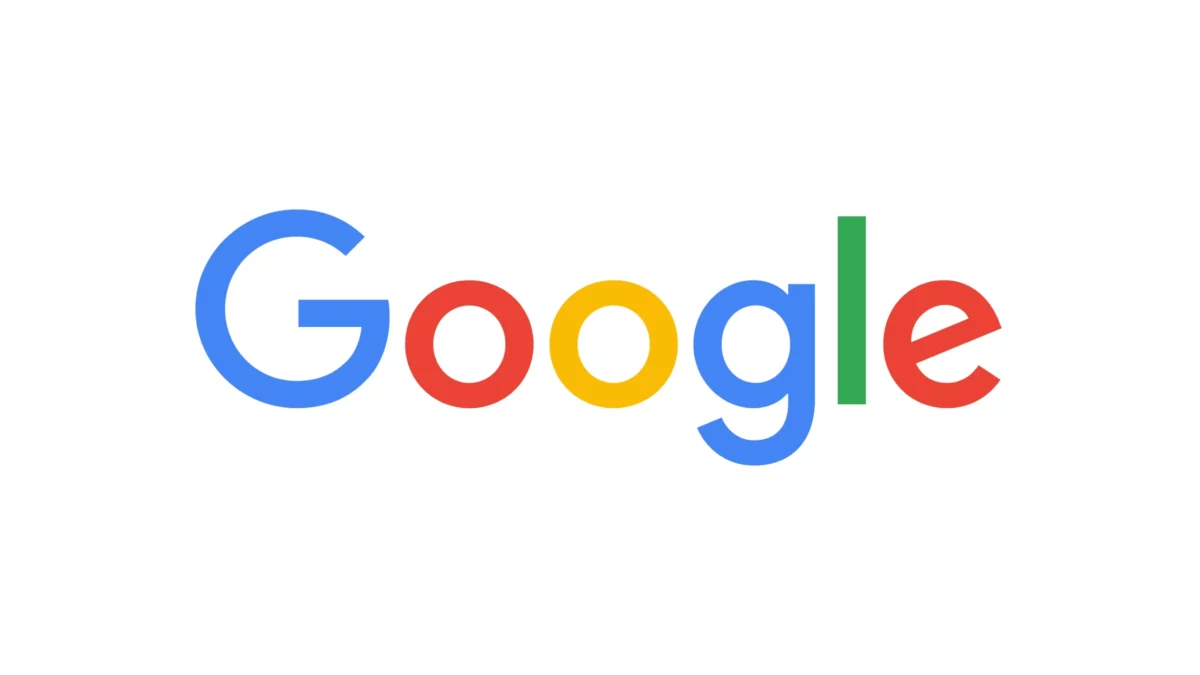In a significant move towards enhancing user privacy and security, Google’s Messages app is going to adopt a cutting-edge end-to-end encryption system known as Messaging Layer Security (MLS).
This new technology allows seamless and secure messaging between the company’s platform and other messaging apps that also use MLS. It brings us closer to a future where different apps can work together seamlessly. European regulators are encouraging tech companies to use such encryption systems, so users can communicate confidently across platforms with strong protection.

Google’s Messages app to offer cross-platform compatibility
To make messaging work effortlessly across different platforms, big companies need to support a common encryption standard. One strong contender is MLS, which is backed by Google. The company also supports RCS, a messaging system provided by carriers that is end-to-end encrypted. Previously, RCS didn’t have strong security for group chats, but Google is now introducing a version that addresses this issue without using MLS.
MLS aims to solve a problem with traditional group messaging encryption. In 2017, an Oxford paper raised concerns about security in major messaging apps like WhatsApp, Facebook Messenger, and the now-discontinued Google Allo. The concern was that if even one member’s device was compromised, messages could be intercepted. To address this, researchers came up with the “Asynchronous Ratcheting Tree” concept to improve group message security, and MLS was developed based on this idea.

The MLS protocol was created by the Internet Engineering Task Force (IETF), an organization that sets standards for Internet-related systems. In March, the IETF approved the publication of the MLS specification (RFC 9420) after testing it in platforms like Webex and RingCentral chats.
The search engine giant is making efforts to release its MLS implementation as open source and plans to integrate it into Android’s codebase. Although there’s no exact timeline yet, this shows Google’s commitment to enhancing user privacy on its platform.
While Google supports RCS, which is used by over 800 million Android users, it’s unclear how RCS messages will work with MLS-based encryption. Even though Google has been urging Apple to adopt RCS, MLS brings a new dimension to encryption, allowing other tech companies to consider and potentially use this promising encryption standard.
(via 9to5Google)